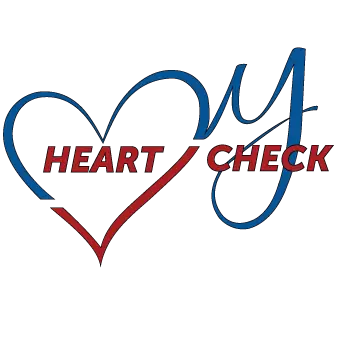By Dr. Jacob DeLaRosa

Parents, coaches and players, you need to pay attention and learn something new because this could save a life one day.
Commotio cordis (Latin for “agitation of the heart”), also sometimes referred to as a concussion of the heart, occurs when a player sustains a blow to the area directly over the heart (chest region) at a critical time during the cycle of a heartbeat, causing cardiac arrest. It is a form of ventricular fibrillation (V-Fib), not mechanical damage to the heart muscle or surrounding organs, and not the result of heart disease, so this can happen to anybody. Most of the casualties of this trauma are young with an average age of fewer than 16 years old and a fatality rate that is high — 65 out of 100 die.
A player may collapse, either suddenly or shortly after the event, and become unresponsive and lose pulses. According to the US Commotio Cordis Registry, the most common sports involved are youth baseball, softball and ice hockey, and it has been reported in lacrosse and soccer. In each case, chest blows have been caused by a projectile such as the baseball, hockey puck, etc. In sports where there is not a solid hard ball or object, Commotio cordis resulted from elbow, shoulder or helmet contact in the chest area around the heart.
While Commotio cordis may in some cases be prevented, the risk cannot be eliminated entirely. According to the American Heart Association Journals, “Chest protectors are another potential means to prevent Commotio cordis; however, their benefit has not yet been shown.”
The rate of successful recovery continues to be relatively low but is slowly improving because of increased awareness and sideline responsiveness of coaches, athletic trainers and parents. It is important to respond immediately with the CAB — Compression, Airway and — along with defibrillation and calling emergency responders. Effective response may save a young player’s life.
Although not a common emergency on the field, sudden cardiac death can and does occur, and there is considerable underestimation of its true incidence. Having access to defibrillators at sporting events as well as having knowledgeable athletic trainers are keys to improving the survival rates for those who have suffered sudden cardiac arrest. Additionally, it is important to educate the public, players, coaches and the athletic community on the importance of preventing blows to the portion of the body over the heart and lower chest.
Dr. Jacob DeLaRosa is a board certified in both General Surgery & Cardiothoracic Surgery.
One thought on “Heart concussion: rare but deadly”
Leave a Reply
You must be logged in to post a comment.

Thank you doctor for making me aware of this. My son was hit with a baseball and went down. I had read your article and knew exactly what to do! You saved my sons life! You are a true life saver for what you do. Thank you again for writing about this uncommon disease.